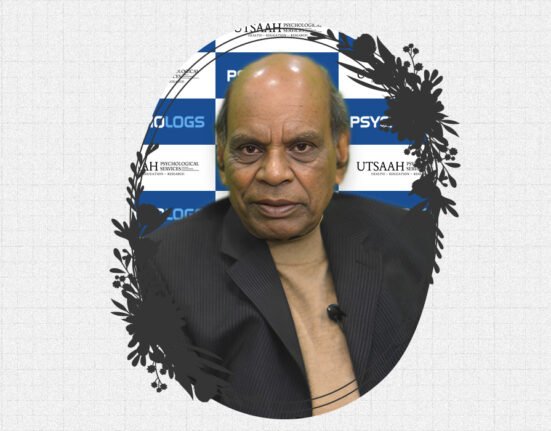Recently, Trump, the US President, shared publicly that pregnant women should not take Tylenol, a painkiller. According to him, this everyday medicine causes an increased risk of autism in children. And since it has come into use, the cases of autism are rising. Paracetamol, a commonly used drug in many countries, was also pointed out by him as “not good” for women during pregnancy. As evidence, he showed certain papers which report the link between acetaminophen, an active ingredient in painkillers and Neurodevelopmental disorders such as Autism, ADHD, etc.
At a glance, it seems that the President is concerned about public health and making safety-related announcements. However, looking at the information through the lens of science, it lacks research evidence and is widely disputed. The report shown as evidence lacks a strong or significant linkage; thus, more research is required. Also there are many research papers which show the opposite, that there is no linkage between autism and use of painkillers, and these research papers have significant data. The American College of Obstetricians and Gynecologists (ACOG) dismisses this information and highlights that there is no conclusive evidence of linkage between Tylenol and Autism. Many medical bodies ensure that the drugs are the safest option in cases of pain and fever during pregnancy.
Stigma, More stigma
Sharing misleading information by a known figure has a huge impact on people with autism, caregiver/parents and communities that work around Disabilities. Also, it is more of a scapegoating where a woman’s body is being blamed for certain choices she has made. Thus, distancing the real question of accessibility, acceptance, and care.
People with Disabilities already face immense stigma from getting basic rights such as voting, education, health facilities etc to inclusion in society. Such claims which do not have any research background make things more difficult for them.
Is Autism an illness ?
No, Autism is a neurodevelopmental disorder which means that the functioning of the brain with autism is different from neurotypical brain however the brain structure remains the same. In other words, people with autism have a difficult perspective or way to see the world’s reason being differences in brain functioning. However, different doesn’t apply to wrong or illness or disease.
What is Autism Spectrum Disorder (ASD) ?
According to the American Psychological Association (APA), it is a group of diverse conditions characterized by difficulty in social communication and interaction such as establishing and maintaining friendship, understanding non verbal cues or gestures and restrictive & repetitive movements such as fixed interest, rigidity in following rituals, hyper/ hypo sensory reaction etc.
There is no specific cause of autism that research has claimed. However, a combination of genetic and environmental factors results in ASD but no one single cause has been proved.
Why is there a rise in Autism cases ?
According to research studies and professionals there is a rise in the number of cases of Autism diagnosis because of awareness among parents and communities. Another reason is the way it is classified and signs & symptoms are mentioned in the Diagnostic and Statistical Manual 5th Edition (DSM V).
References
https://www.google.com/amp/s/abcnews.go.com/amp/GMA/Wellness/trump-kennedy-announce ment-autism-tylenol-acetaminophen-parents/story%3fid=125812742













Leave feedback about this